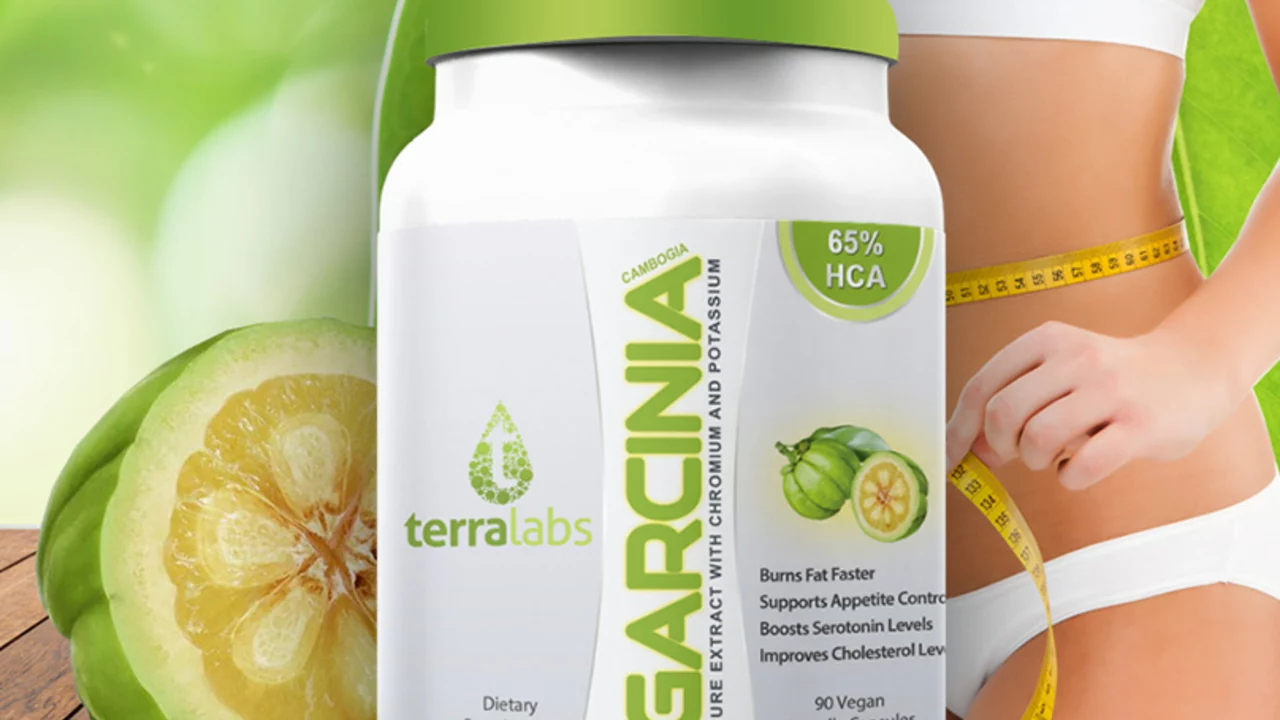Natural Dietary Supplement: Smart, Safe Choices for Daily Health
Supplements can help fill gaps in your diet, but not all products are the same. Start by asking what you want the supplement to do: boost heart health, help sleep, ease allergies, or support joints. Clear goals make it easier to pick the right ingredient and dose.
How to pick a quality supplement
Look for third-party testing. Brands certified by USP, NSF, or ConsumerLab are more likely to contain what the label promises. Avoid bottles that list a long "proprietary blend" without amounts — you want exact milligrams per serving. Check the ingredient list for fillers and common allergens if you have sensitivities.
Choose evidence-backed ingredients. For example, omega-3s (EPA/DHA) have solid research for heart health. Vitamin D is often low in people who get little sun. Melatonin helps short-term sleep problems. Perilla and shark liver oil are natural options with specific uses: perilla oil is a plant source of omega-3s and may help seasonal allergy symptoms for some people; shark liver oil contains squalene and alkylglycerols used in traditional immune-support formulas. If an ingredient sounds exotic, search for human clinical trials or reliable reviews before buying.
Safety tips and interactions
Natural doesn't automatically mean safe. Tell your doctor or pharmacist about every supplement you take, especially if you use blood thinners, diabetes meds, or hormone treatments. Supplements like fish oil, certain herbs, and high-dose vitamins can interact with prescriptions or increase bleeding risk.
Start with the lowest effective dose. Try a new product alone for a few weeks so you can spot side effects. If you feel unusual symptoms — stomach pain, rash, dizziness — stop and check with a healthcare provider. Pregnant or breastfeeding people, young children, and people with serious conditions should consult a clinician before starting any supplement.
Storage matters. Keep supplements dry and out of sunlight. Check expiration dates. Some oils and probiotics lose potency over time or if stored warm.
Where to buy: prefer licensed pharmacies and well-known retailers over unverified online shops. If you use an online pharmacy, look for clear contact details, pharmacy license information, and secure checkout. Avoid deals that look too good to be true — counterfeit supplements happen.
Watch for red flags: vague claims like "cures" or "detoxifies," lack of dosing info, or no ingredient batch numbers. Good labels include manufacturer contact info and a lot number you can trace.
Make testing part of your routine. If you start vitamin D, check your level after a few months and adjust dose with medical advice. For joint or allergy supplements, give at least 4–8 weeks to notice benefits and keep notes on any changes.
Choosing supplements doesn't have to be confusing. Set clear goals, pick tested brands, check labels, watch for interactions, and talk with a trusted clinician. That way you get the benefit you want without unnecessary risk.

Discover the Magic of Quince: A Natural Dietary Supplement for a Healthier You!
In my latest blog post, I delve into the world of quince, a natural dietary supplement that's been making waves in the health and wellness community. I've discovered that this magical fruit is not only delicious but also packed with essential nutrients and antioxidants. It's a fantastic aid for digestion and can even help manage weight. I also shared some creative ways to incorporate quince into your daily diet. You'll feel so much healthier with this underappreciated gem in your life!
